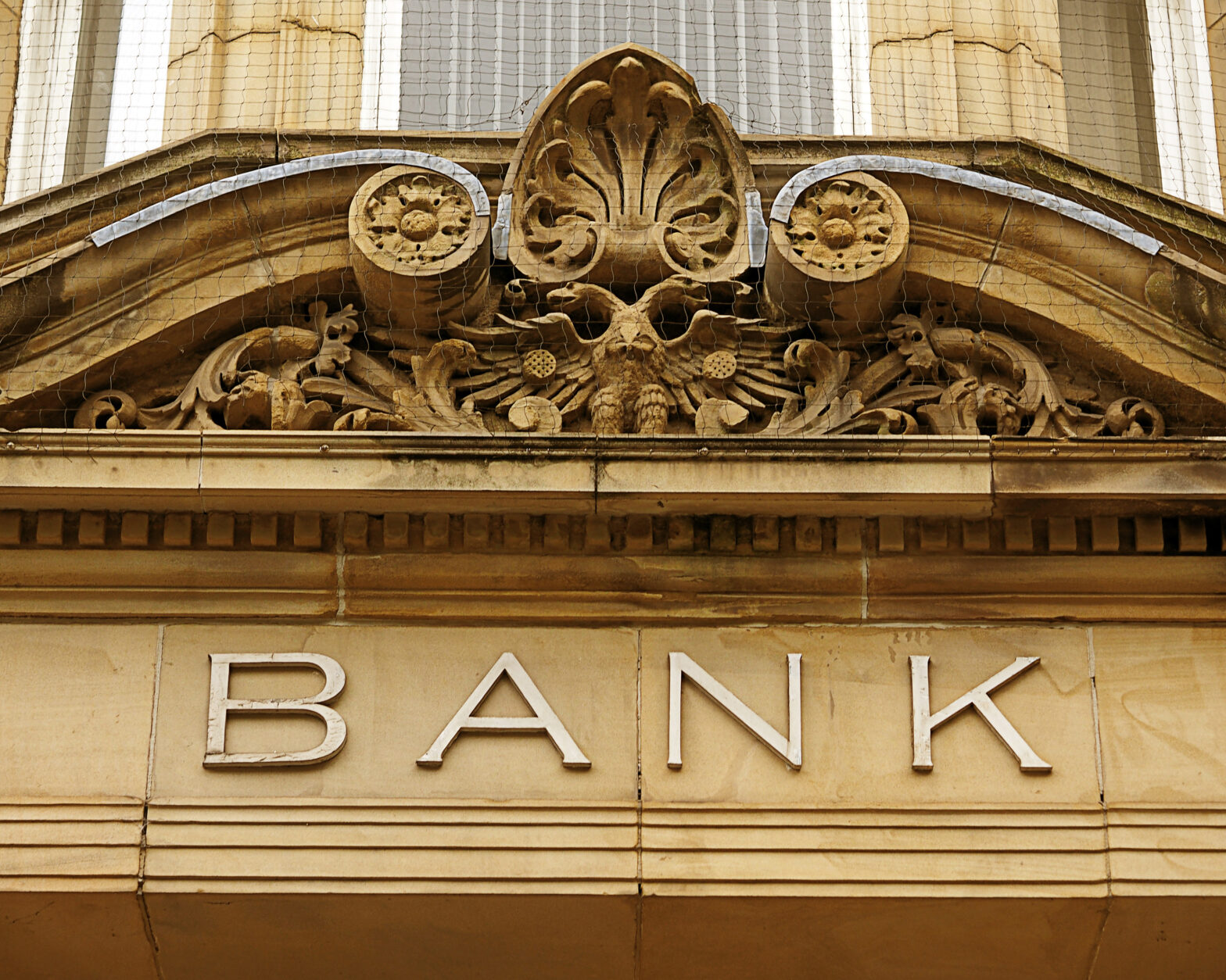With the UK facing a range of difficult economic circumstances – high inflation, supply chain problems and reduced consumer spending – many business owners will understandably be thinking carefully about their own financial situations.
And while many small business owners will be feeling the pinch at the moment, the latest official insolvency statistics show that the number of bankruptcies in Q1 2023 were 18 per cent higher than in Q1 2022. This may show the beginnings of the difficult wider economic picture and its effects on firms.
In response to the figures, Ian Hepworth, director of Funding Solutions UK, said: “Businesses are caught in a perfect storm of rising input costs, supply chain disruption, increased wage demands, labour shortages, rising interest rates, tightening supplier credit and the withdrawal of government funding. On top of all that, HMRC have started to play hardball.
“While some firms in some sectors are not only surviving but thriving, a growing number of business owners have become weary of the journey and are throwing in the towel.”
For those facing financial difficulties, or who can see a problem on the horizon, there are a range of personal insolvency options open to help them deal with their debts, including those running their own business. Regardless of the option an individual is considering, it’s important to take professional advice before making a decision. But for business owners thinking about bankruptcy, seeking advice is particularly important as going bankrupt can have serious effects on both their personal finances and their business depending on their individual circumstances.
Any business owners concerned about cash flow issues should speak to their financing provider as soon as possible to discuss what products and support may be available. These options may vary depending on their circumstances, but could include applying for or extending an overdraft, a working capital loan or other sources of finance such as invoice finance.
You can compare your options on Nerdwallet here.
Can I run a business while bankrupt?
When an individual is subject to a bankruptcy order, there will be restrictions placed on them until they are discharged from bankruptcy. These restrictions depend on whether they are a sole trader or have a limited company.
As an undischarged bankrupt (when a bankruptcy is still ongoing), you are not allowed to act as a company director. If you’re the sole director, personal bankruptcy can result in your company being liquidated.
>See also: Half a million businesses at risk of collapse without more support
Bankruptcy doesn’t have the same impact on sole traders. You can continue trading after you’ve declared yourself bankrupt, as long as you do so in your own name, or the name you traded under when you were declared bankrupt.
Whether you are a company director or sole trader, you cannot obtain credit of more than £500 from anyone without telling that person that you are an undischarged bankrupt.
Why would you be refused a business bank account?
Providers will typically undertake a credit history check when opening a current account so if you have county court judgements registered, defaulted on loans or have filed for bankruptcy providers your application is more likely to be declined.
When you apply for an account, banks in the UK are legally required to carry out anti-money laundering (AML) and know your customer (KYC) checks to prevent criminals from using financial products or services to store and move around their money. KYC information is used to help banks adhere to the legal requirements that are in place across the globe.
These regulations require banks to perform what are known as “customer due diligence” (CDD) measures such as identifying and verifying your identity and, where applicable, the identity of any beneficial owners of the business. Lenders will also seek information on the nature of the business and where your money comes from.
For most businesses that are not subject to bankruptcy restrictions, applications for a business current account usually are successful. To help businesses to understand what information is required by business current account providers, UK Finance has worked with UK business banking account providers to establish a common set of basic information that they will need from you.
The information is included in an online guide hosted by UK Finance available here.
>See also: Business owners could sue banks that drove them into bankruptcy
Can I open a bank account if I owe another bank money?
You may be able to have a bank account if your debt with another lender is being serviced in accordance with the lending agreement and not in default. However, obtaining a new bank account if your previous bank closed your account due to unpaid loans or overdrafts is likely to be difficult.
Can I open a business account after bankruptcy?
An undischarged bankrupt is not prohibited by law from operating a bank account but there are restrictions on obtaining credit. However, banks will make commercial judgements when deciding whether to offer business accounts for undischarged bankrupts. A basic bank account may be the only type of account available.
Which banks accept bankrupts?
There are some providers which offer business bank accounts without the need to undertake a credit check. These often offer similar services to regular business bank accounts; however they do not have an overdraft facility.
As a personal customer, you can apply for a basic bank account even if you are an undischarged bankrupt or have an adverse credit history such as County Court Judgements (CCJs) or you have insolvency measure in place such as a Debt Management Plan (DMP), Individual Voluntary Arrangement (IVA), or Debt Relief Order (DRO). The largest banks in the UK offer these fee-free basic bank accounts, including Barclays, Santander, NatWest (including Royal Bank of Scotland), HSBC, Nationwide, Co-operative Bank, Lloyds (including Halifax and Bank of Scotland), TSB and Virgin Money (including Clydesdale and Yorkshire Bank). There are also new challenger banks and non-banks that offer online accounts that you may wish to consider.
MoneyHelper has useful information on how to open a basic bank account. Its website has links to several banks’ basic bank account information pages.
Mike Conroy is director, commercial finance at UK Finance
Looking to compare UK business bank accounts? Check out Nerdwallet here.
Further reading
5 steps to take if a company you supply goes into administration




